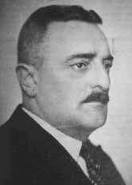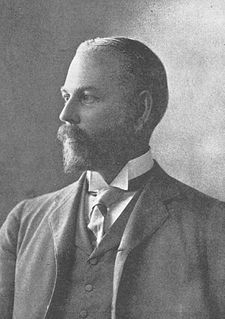A Quote by Blaise Pascal
Our nature consists in motion; complete rest is death.
Related Quotes
Water, whether still or in motion, has so great an attraction for the lover of nature, that the most beautiful landscape seems scarcely complete without it. There are no effects so fascinating as those produced by the reflexions in nature's living mirror, with their delicacy of form, ever fleeting and changing, and their subtle combinations of colour.
Nature consists of facts and of regularities, and is in itself neither moral nor immoral. It is we who impose our standards upon nature, and who in this way introduce morals into the natural world, in spite the fact that we are part of this world. We are products of nature, but nature has made us together with our power of altering the world, of foreseeing and of planning for the future, and of making far-reaching decisions for which we are morally responsible. Yet, responsibility, decisions, enter the world of nature only with us
A true noun, an isolated thing, does not exit in nature. Things are only the terminal points, or rather the meeting points of actions, cross sections cut through actions, snapshots. Neither can a pure verb, an abstract motion, be possible in nature. The eye sees noun and verb as one, things in motion, motion in things.
The same law takes place in a system, consisting of many bodies, as in one single body, with regard to their persevering in their state of motion or of rest. For the progressive motion, whether of one single body or of a whole system of bodies, is always to be estimated from the motion of the center of gravity.
LIFE IS A DIVINE GIFT. The divine is not something outside of us; it is right in our very center; it is our freedom. In our training, we learn the real nature of life and death. When life is victorious, there is birth; when it is thwarted, there is death. A warrior is always engaged in a life-and-death struggle for peace.
The dignity to be sought in death is the appreciation by others of what one has been in life,... that proceeds from a life well lived and from the acceptance of one's own death as a necessary process of nature.... It is also the recognition that the real event taking place at the end of our life is our death, not the attempts to prevent it.






































